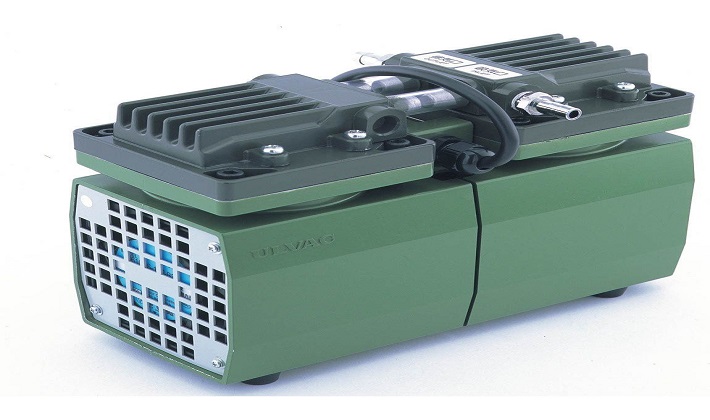Are you thinking about buying a Vacuum Pump For Sale but aren’t sure which one to get? Small vacuum pumps are used to create a vacuum by removing air or gas molecules, one of the best solutions for your application, customized to your exact demands and delivering consistent, reliable performance.
Identifying the perfect vacuum pump requires a thorough understanding of not only the needed vacuum level and application but also the process conditions, operating range, as well as the benefits and limitations of each vacuum pump type. In this article, we’ll go over some things to think about while purchasing vacuum pumps.
1. Pump’s Effect on the Process
It goes to reason that the pump you select will have an impact on your application, just as the pump will have an impact on your application! For example, if you’re looking for a pump for an oil-free application like medicines or food packaging, an oil-sealed pump isn’t the best option.
| Pump Impact on Application | Application Impact on Pump |
|
|
|
|
|
|
|
2. Requirements for Vacuum Levels
It’s also worth thinking about whether the main goal is to get the pressure down to the required level. When it comes to Vacuum Pump For Sale, check the levels vary depending on the application, and different vacuum pumps pull different pressure levels. With this in mind, determining the needed vacuum level is critical for choosing the appropriate pump technology. A liquid ring pump that only functions to 28-29″ of vacuum, for example, would not be appropriate for an operation that required adequate gas flow at less than 1 tore. You should also think about whether your vacuum pump needs to maintain a constant pressure level or if it’s more concerned with the pump-down procedure.

3. Maintenance and cost
Using the criteria given above, an analysis of the frequency of maintenance cycles will be required. This will establish the total cost of your installation, which will include the purchase price and the expenditures of operation and maintenance.
4. Level of Vacuum
How much suction is required for the procedure? Inches of Mercury (inHg) or bar is the most common units of measurement. Depending on the kind, vacuum pumps will have varied suctioning power ranges. A Small Vacuum Pump is required in a laboratory that works with filtering. Evaporation and distillation, on the other hand, will necessitate higher vacuum levels.
5. Rate of Flow
Another key factor to consider is the flow rate or pumping speed. Some procedures deal with a large amount of volume that must be pumped out in a short amount of time. You’ll need faster pumps if you’re working with volatile substances that are time-sensitive.
Conclusion,
If you’re not sure how to choose the proper pump, knowing the aforementioned factors will equip you with the knowledge you need to choose the best Small Vacuum Pump. When it comes to Vacuum Pump For Sale, you can be confident in your choice regardless of the application!

